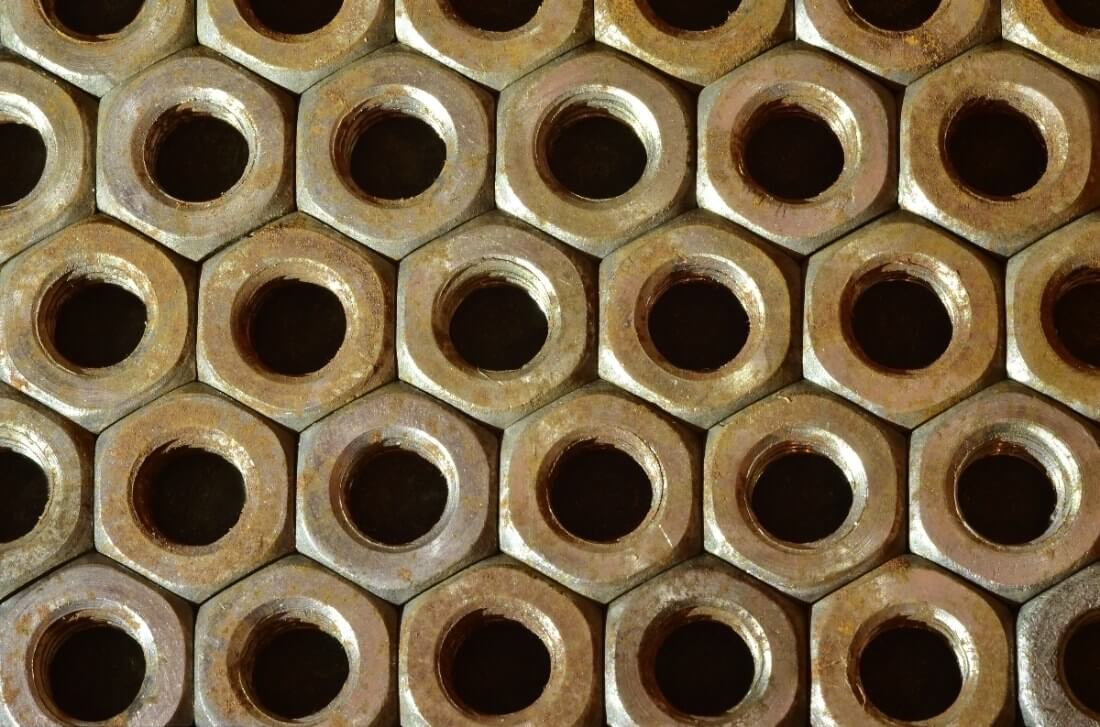The answer may surprise you.
In a perfect world, each and every one of the Olympic gold medalists would receive a solid gold medal for their champion efforts and perseverance. However, the last Olympic gold medal that was actually made from pure gold was awarded way back in 1912.
Did you know… that gold, silver and bronze medals have not always been awarded at all. In 1896, the winning olympians were awarded silver medals, while the runners-up received bronze ones. In 1900, the winners were awarded trophies or cups instead of medals.
What’s in the Olympic gold medals?
Each Olympic gold medal must be plated with at least 6 grams of gold, so it still has that stunning golden finish.
However, the gold and silver medals are made from 92.5% silver. Each one of the Olympic medals must be at least 3 mm thick and 60 mm in diameter.
Facts about the Olympic games
- The United States has won a total of 2,189 at the summer Olympic games – that’s more than any other country.
- There has never been an Olympics games hosted by a country in the Southern Hemisphere.
- In the 1960 Rome Olympics, the gold medal for the marathon went to Abebe Bikila, who ran barefoot.
- The first Olympic games to ever be televised were the 1936 Berlin Olympics.
- The first Olympic games opening ceremony was held at the London 1908 Olympics.
- The Ancient Greeks used to compete for the Olympic games in the nude!
Click here to find out all about the evolution of recycling over time.










